US firms rush to get shipments from China while trade truce lasts
Business leaders who have been raising prices and laying off workers welcome the 90-day reprieve on tariffs but are calling for a longer-term trade deal.
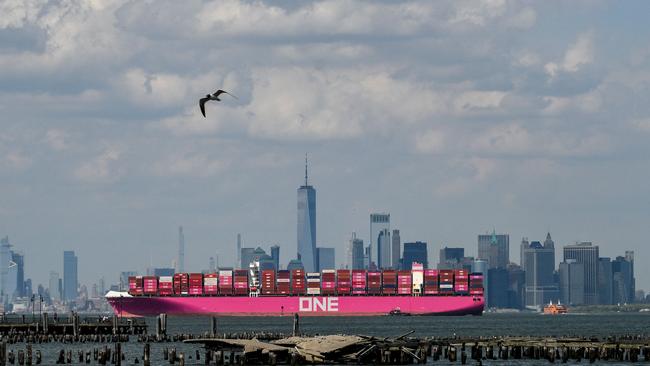
SharkNinja chief executive Mark Barrocas was obsessively checking his news feed Sunday night, looking for any sign that the US and China would reach a tariff deal.
Early Monday morning (local time), the news came: a 90-day reprieve in which the US would lower tariffs to 30 per cent from 145 per cent.
Mr Barrocas immediately instructed factories in China to release goods bound for the US, including coffee makers and the Ninja Slushie, a frozen-drink maker. “We had hundreds of containers ready to leave China when the tariffs went into effect,” Mr Barrocas said. “Now, we’ll be able to put them on a boat.”
Businesses across the US that rely on Chinese imports have been stuck for weeks, trying to figure out how to navigate the sky-high tariffs that President Trump imposed on Chinese goods in April. Companies have been raising prices, cutting back on spending and laying off workers, all in an effort to weather the new cost of tariffs.
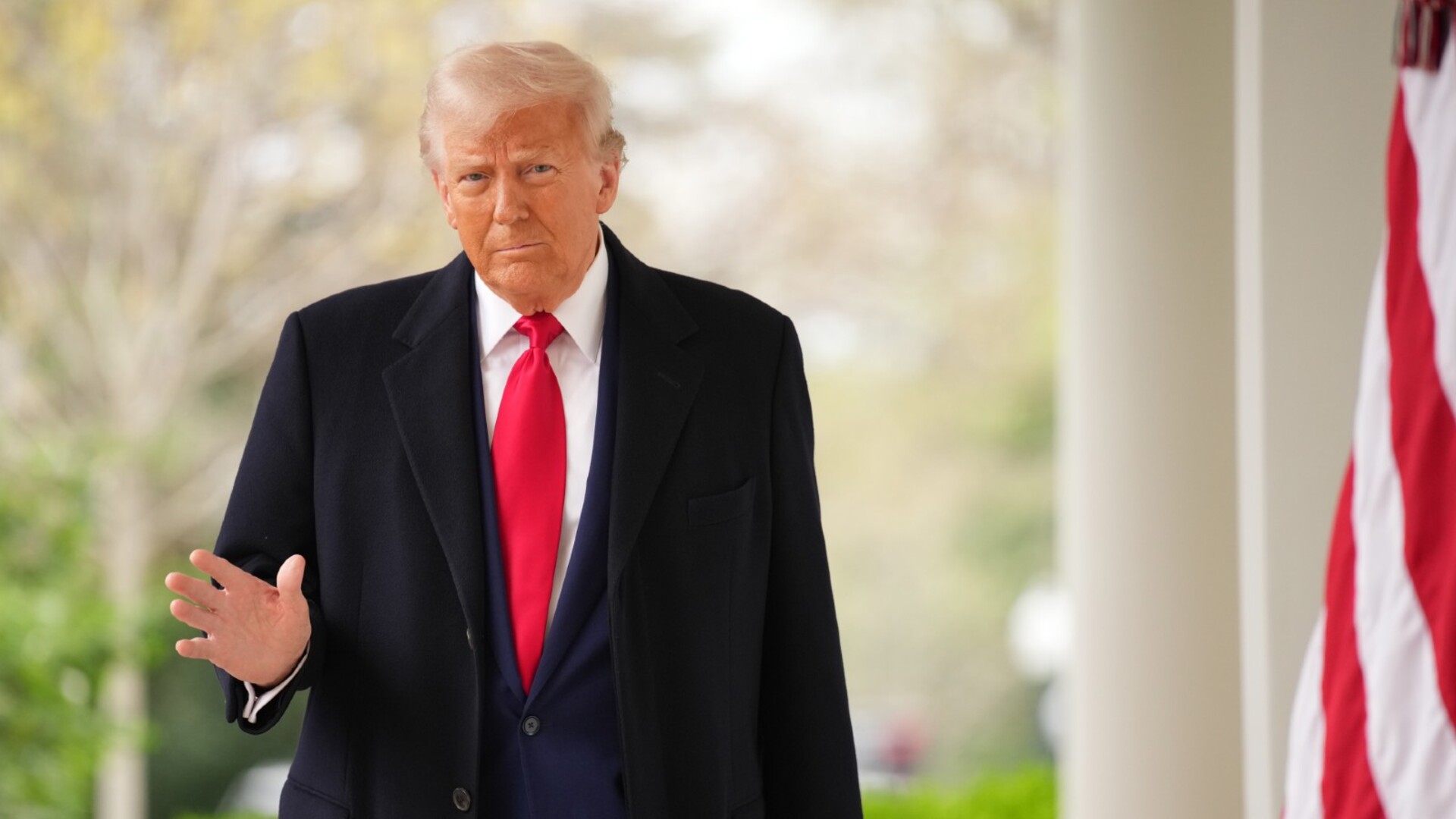
Now the truce could unstick the de facto trade embargo between the two countries. On Monday, US stocks surged, the dollar jumped, and investors scaled back bets on Federal Reserve rate cuts.
Many companies said they would quickly get their goods onto ships destined for American ports.
Jennifer Burch, co-founder of Hightail Hair, learned about the tariff deal when her husband and co-founder Jon Dazeley came into the couple’s bedroom Monday morning. “That was definitely welcome news,” said Ms Burch.
Hightail had a shipment of nearly 4000 of its hairnets, which attach to motorcycle helmets, waiting to leave China. “We are going to try and get what we have out as soon as possible,” said Ms Burch.
While the temporary tariff relief was welcome news, businesses said they are still grappling with a higher tariff environment. Companies and trade associations warned of higher prices for the back-to-school and holiday shopping seasons. The Port of Los Angeles and other large US ports said they don’t expect a huge surge in imports from China. And some business leaders said the uncertainty of whipsawing tariffs is still too high to chart a course forward.
“In normal times, a 30 per cent tariff on Chinese goods would be horrific news,” said Steve Greenspon, CEO of housewares company Honey-Can-Do International. “Compared to 145 per cent though, it’s phenomenal news. But it’s still going to mean higher prices and lower profits for companies.”
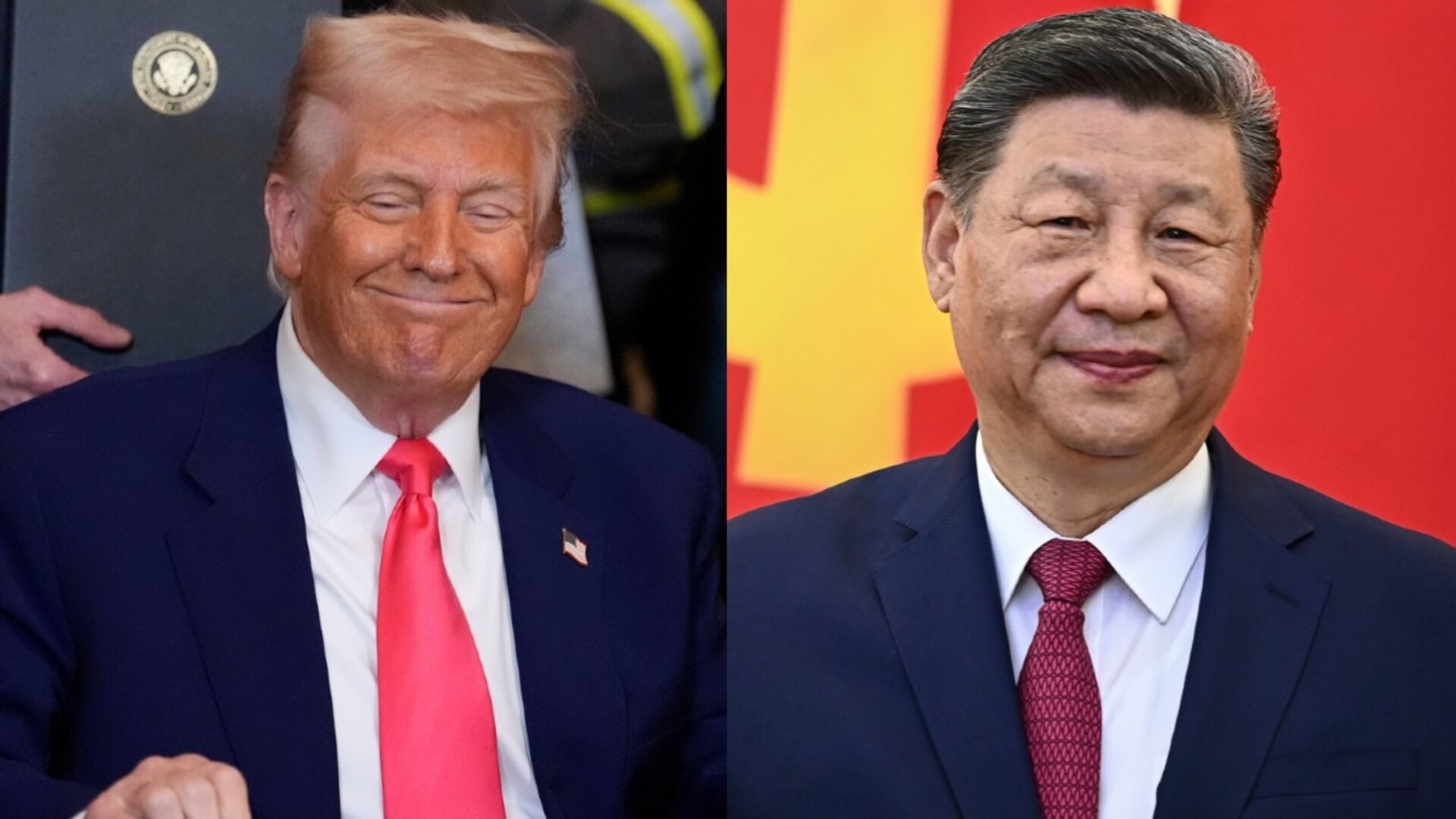
Port of Los Angeles executive director Gene Seroka said companies that are reliant on holiday sales or sell critical goods such as healthcare products might use this moment to restock. “But your refrigerator, outdoor patio set, regular stuff is not just going to come and flood the marketplace,” Mr Seroka said.
Many companies brought in extra inventory earlier this year to get ahead of new tariffs. Since Trump this year began waging a trade war against the country’s biggest trade partners, US importers have frozen or cancelled billions of dollars worth of orders, potentially leaving them shorthanded for the back-to-school or holiday sales periods.
Ellen Brin, CEO of apparel company CMCBrands, has had two 40-foot container loads of sportswear and outerwear sitting in a Chinese factory for the past month. She now plans to get the goods on the water as soon as she can and work with customers to mitigate the tariff impact.
The St Louis company’s largest Chinese manufacturing partner emailed as soon as American and Chinese officials announced the temporary deal. Ms Brin’s chief merchandiser told the manufacturer to start production on remaining purchase orders.
Even with this morning’s announcement, goods will arrive in the US later than they normally would, said Ms Brin, whose 79-year-old company has about 35 employees.
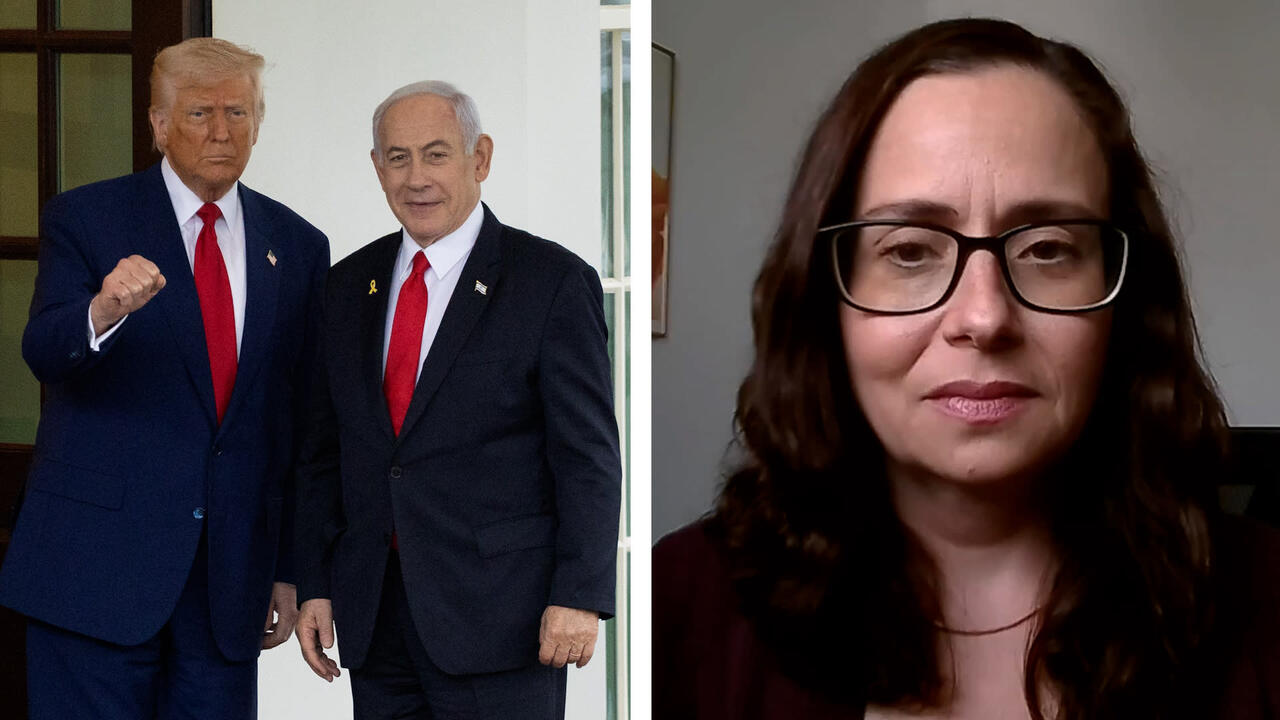
“If it had gone on any longer, it would have definitely hurt us,” Ms Brin said, because the company’s shipments would have been late for the fall season “and customers would have gone elsewhere or had empty shelves.”
Scott Johnson, president of Musgrave Pencil in Shelbyville, Tennessee, was ready to send back an incoming shipment of Chinese-made slats - the wooden part of a pencil - when news of the trade deal broke.
Even with the reprieve, Mr Johnson said Musgrave’s total tariff cost on Chinese slats will still be close to 60 per cent. Musgrave is moving much of its slat-making to Vietnam, where the rate will be just over 13 per cent, and Johnson said he has no plans to turn back.
“The ship has sailed, so to speak, on our moves to adjust our supply chain,” he said.
The same is true for SharkNinja, which makes a range of household products from outdoor grills and vacuums to electric kettles and air fryers.
Five years ago, the company made almost all its goods in China. But since tariffs went into effect during Trump’s first term, the Massachusetts company has been moving production to other Asian countries such as Cambodia, Vietnam and Indonesia. By July, nearly 90 per cent of its US goods will be made outside of China, CEO Mr Barrocas said.
SharkNinja has been scouting for a place to build a factory in the US that could produce goods that don’t require much labour, such as coolers and certain vacuum cleaners. Mr Barrocas said the factory would have to be built from the ground up and goods wouldn’t start rolling off production lines until the end of 2026 at the earliest.
“There are still a lot of questions,” Mr Barrocas said. “What happens at the end of 90 days?” Dow Jones

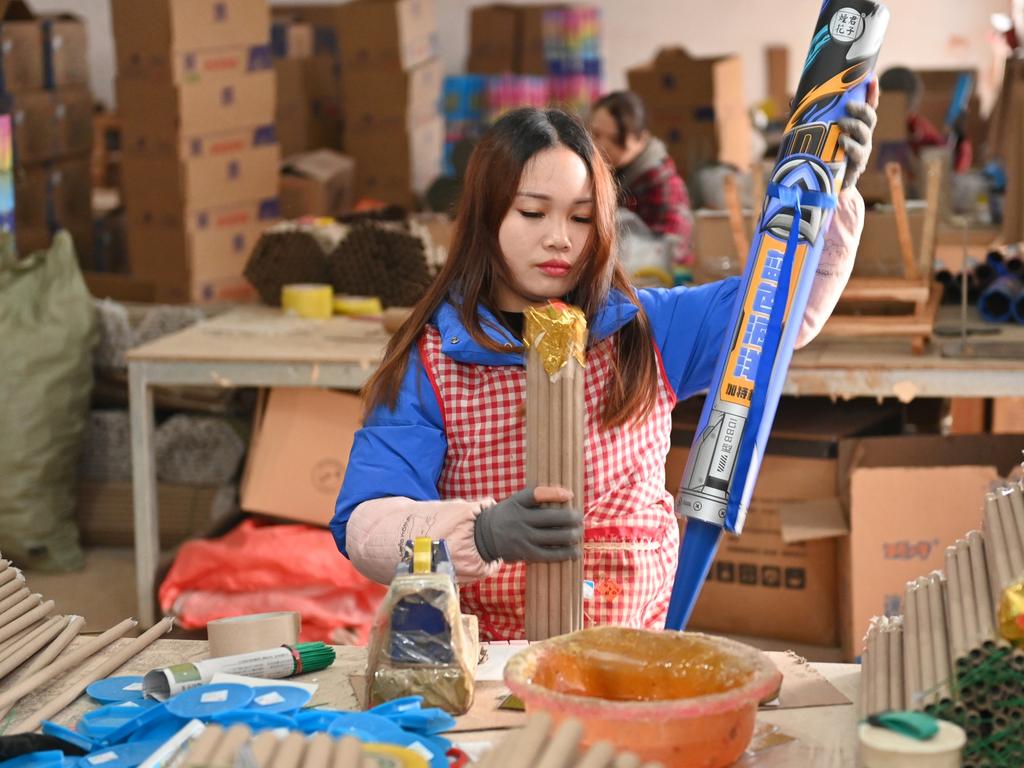
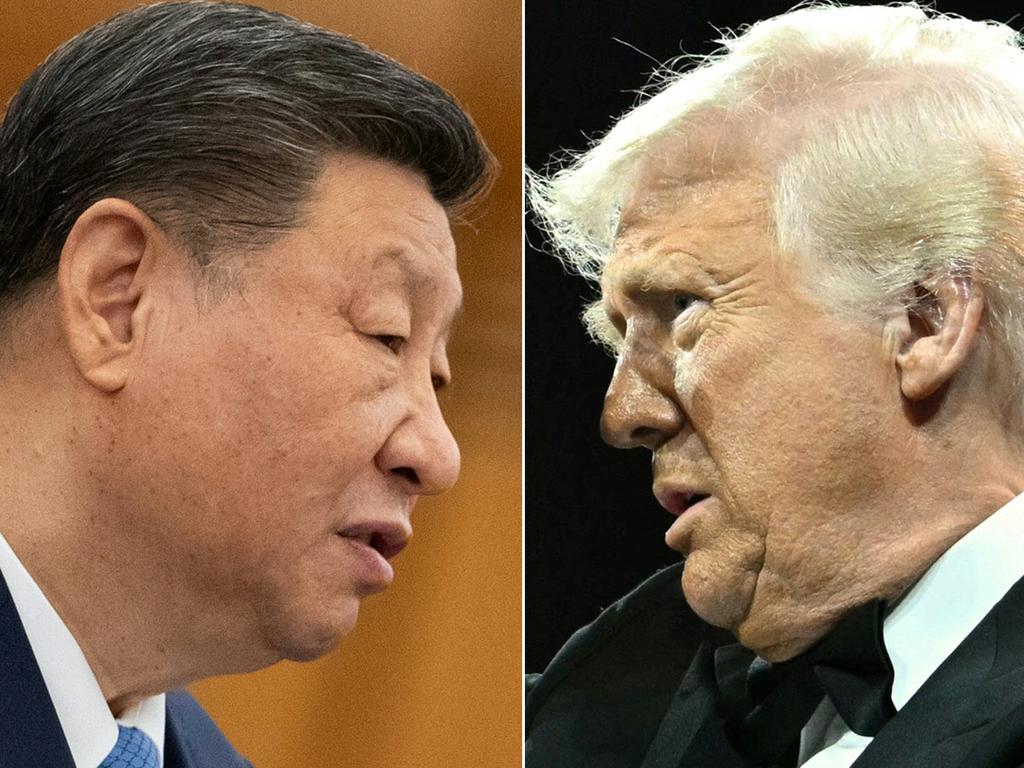
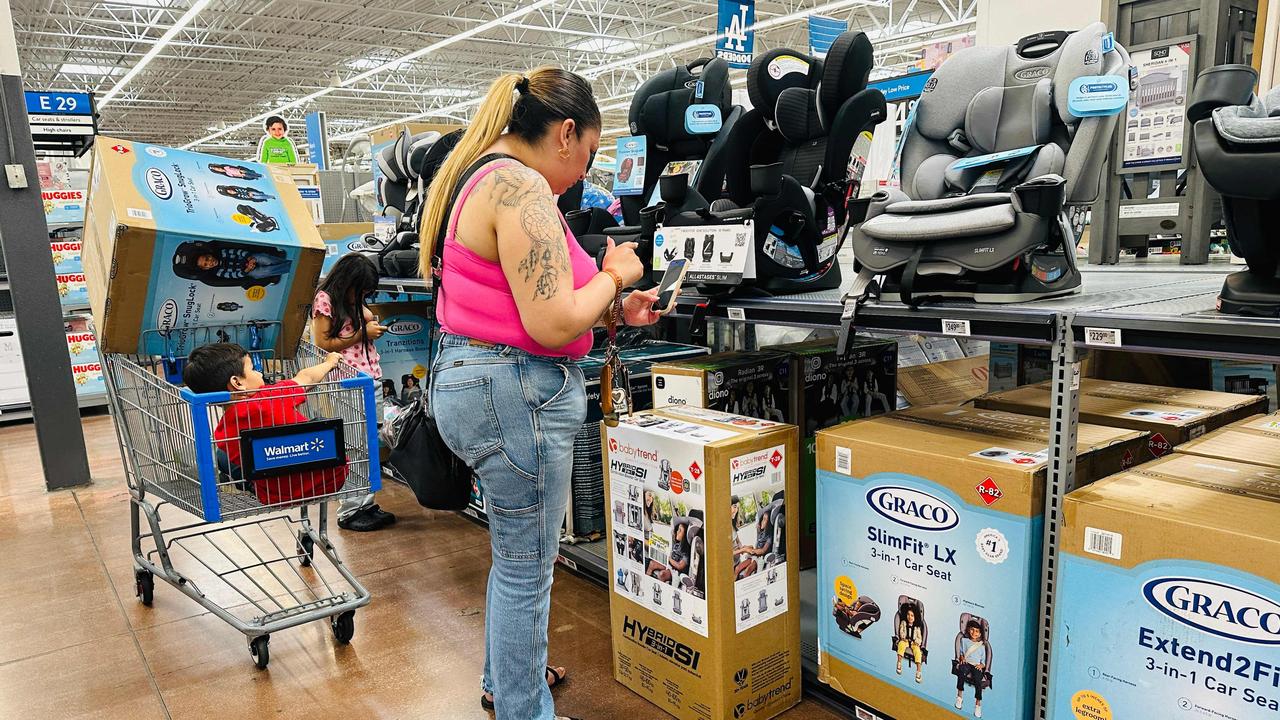

To join the conversation, please log in. Don't have an account? Register
Join the conversation, you are commenting as Logout